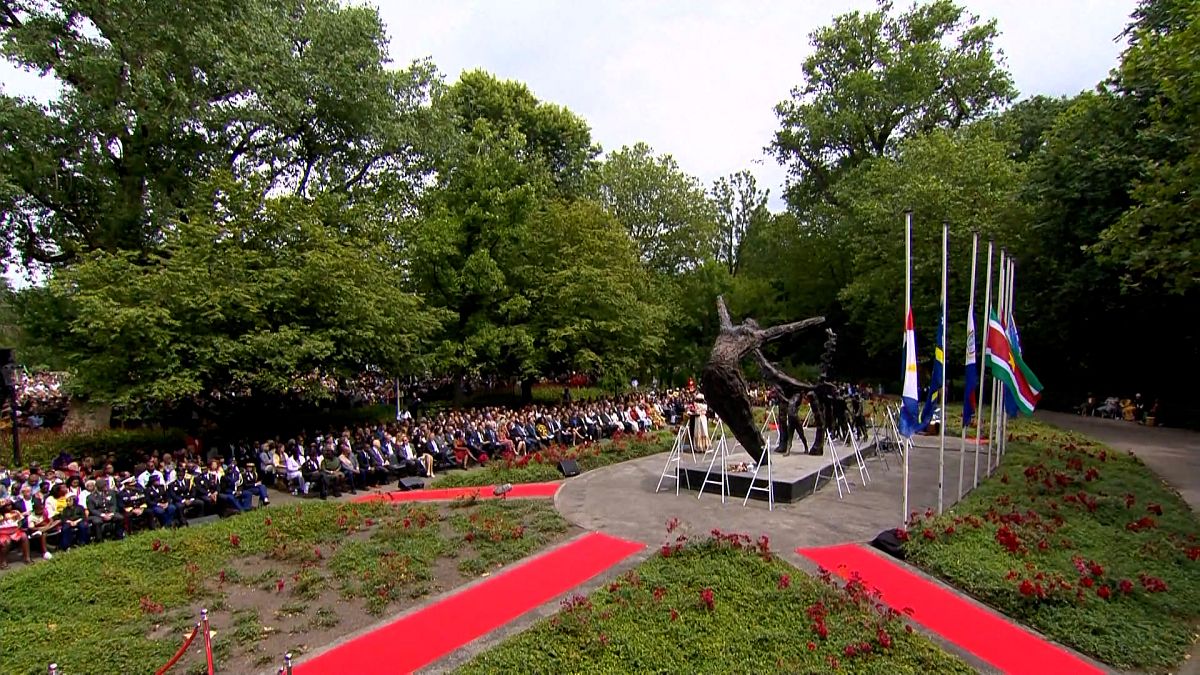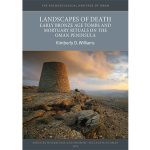On January 7, 2024, hundreds of people attended a significant event, which included ten members of the outgoing Rutte IV cabinet. Prime Minister Mark Rutte marked his last working day by laying a wreath on behalf of the cabinet. However, the Chair of the House of Representatives, Martin Bosma, did not attend the event after the National Institute for the Study of Dutch Slavery and its Legacy (NiNsee) withdrew his invitation. This action was taken due to Bosma’s controversial statements on slavery, which had raised concerns about potential disruptions at the event.
The decision to exclude Martin Bosma from the event highlights the ongoing debates and sensitivity surrounding issues related to slavery and its legacy in the Netherlands. The controversy surrounding Bosma’s statements underscores the importance of addressing and acknowledging the country’s history of slavery. These issues continue to be significant topics of discussion and debate in Dutch society, and events like this serve as opportunities to reflect on and engage with the complex and often painful aspects of the country’s past.
Despite the controversy surrounding Martin Bosma’s exclusion, the event was attended by a large number of people, including government officials and members of the public. Prime Minister Mark Rutte’s participation and the wreath-laying ceremony symbolized the government’s recognition of the significance of the event and its commitment to addressing the issues raised by organizations like NiNsee. The presence of government officials at the event also sends a message of solidarity and support for efforts to promote dialogue and understanding around issues related to slavery and its legacy.
The decision to withdraw Martin Bosma’s invitation to the event reflects a broader societal recognition of the need to address historical injustices and confront uncomfortable truths about the country’s past. It also highlights the importance of accountability and responsibility when dealing with sensitive and painful issues such as slavery. By taking a stand against inappropriate statements and behavior, organizations like NiNsee are sending a clear message that there is no place for denial or distortion of history in conversations about slavery and its impact on society.
In conclusion, the event attended by hundreds of people, including government officials, on January 7, 2024, served as a platform for reflection and dialogue on issues related to slavery and its legacy in the Netherlands. The decision to exclude Martin Bosma from the event underscored the importance of addressing historical injustices and confronting uncomfortable truths about the country’s past. By taking a stand against controversial statements and behavior, organizations like NiNsee are working to promote awareness and understanding of the lasting impact of slavery on Dutch society. Events like this provide opportunities for reflection, dialogue, and education on complex and sensitive historical issues, and serve as reminders of the ongoing work needed to promote justice, reconciliation, and healing in society.











